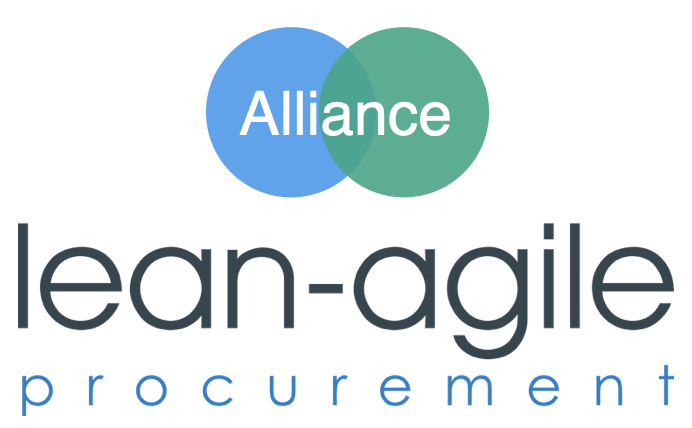
Contract Types
Challenged-based
Challenged-based Contract
Characteristics
Category
Iron Triangle
In a Challenged-based contract, the scope is variable, or defined on a very high level such as a vision, a challenge or an outcome, while the time, cost, and quality are managed according to the agreed terms.
Agile Contract?
Yes, a Challenged-based contract can be considered an Agile contract because it allows for flexibility in how and what solution to serve the given scope/challenge. Futhermore is the time as well as the price/costs fixed. This alignment with Agile principles makes it suitable for iterative development and continuous feedback.
A Target-based Contract is similar to a Fixed Scope & Fixed Price Contract, but instead of a fixed scope, it defines specific targets or outputs. This contract type is suited for relational relationships and focuses on achieving set goals without specifying the exact methods, solutions, services, or products to be used. It allows flexibility in how the targets are met, encouraging innovation and adaptability.
Buyers Perspective
Example
An example of a Challenge-based contract is a Hackathon involving selected vendors aimed at exploring new opportunities in AI. The client rewards and compensates the vendor who delivers the best idea or solution within a specified time frame and budget.
Also known as
Competition-based Contract, Prize-based Contract, Contest Contract, Innovation Challenge Contract, Solution Contest Agreement, Competitive Bid Contract, Incentive Challenge Agreement
Vendors Perspective
From the vendor's perspective, a Challenge-based Contract offers an opportunity to showcase their expertise and creativity in a competitive environment. It provides a platform to demonstrate their capabilities and potentially win a contract by delivering the best solution within a specified budget and timeframe. However, it also involves significant risk, as vendors invest time and resources without a guaranteed return, only receiving compensation if their solution is selected as the best.
From the buyer's perspective, a Challenge-based Contract provides a cost-effective and fast way to source innovative solutions by leveraging competition among vendors. It allows the buyer to explore a variety of ideas and approaches within a fixed budget and timeframe, ensuring that they only pay for the best solution that meets their needs. This approach fosters creativity and encourages high-quality results, as vendors are motivated to outperform their peers to win the contract.
Optimal if
A Challenge-based Contract is optimal when a buyer seeks innovative solutions within a specific timeframe and budget, particularly for projects requiring fresh perspectives or creative problem-solving. It is especially suitable when the buyer wants to incentivize competition among vendors to deliver high-quality, cost-effective solutions, while only committing to pay for the winning result.
Challenges
High Risk for Vendors: Vendors invest time and resources without a guaranteed payout, as compensation is only awarded to the winning solution.
Quality vs. Speed: The pressure to develop solutions within a short timeframe can compromise the quality and depth of the solutions provided.
Narrow Focus: The competitive nature may lead vendors to focus solely on winning rather than fostering long-term collaboration or broader innovation.
Intellectual Property Concerns: Vendors may hesitate to share innovative ideas due to concerns about intellectual property rights and the potential for their ideas to be used without proper compensation.
Potential for Suboptimal Solutions: The competitive format may not always yield the best possible solutions, as some vendors might hold back on their best ideas due to the competitive nature and uncertainty of winning.
Evaluation Complexity: Assessing and comparing different solutions can be complex and subjective, potentially leading to disputes or dissatisfaction with the selection process.
Vendor Reluctance: The high risk and competitive nature may deter some high-quality vendors from participating, limiting the pool of potential solutions.
Advantages
Encourages Innovation: The competitive environment motivates vendors to develop creative and innovative solutions, often resulting in cutting-edge ideas.
Cost-effectiveness: Buyers only pay for the winning solution, potentially saving costs compared to traditional contracts that pay for effort rather than results.
Diverse Solutions: The format attracts a wide range of ideas and approaches from different vendors, increasing the likelihood of finding a unique or superior solution.
Quick Problem-Solving: The time-bound nature of the challenge accelerates the development and delivery of solutions, making it suitable for urgent projects.
Market Testing: Buyers can gauge market capabilities and trends by seeing a variety of approaches to the same problem, gaining insights into the current state of the industry.
Attracts Talent: The opportunity to showcase skills in a competitive setting can attract talented vendors, including startups and individual innovators, who might not participate in traditional procurement processes.


